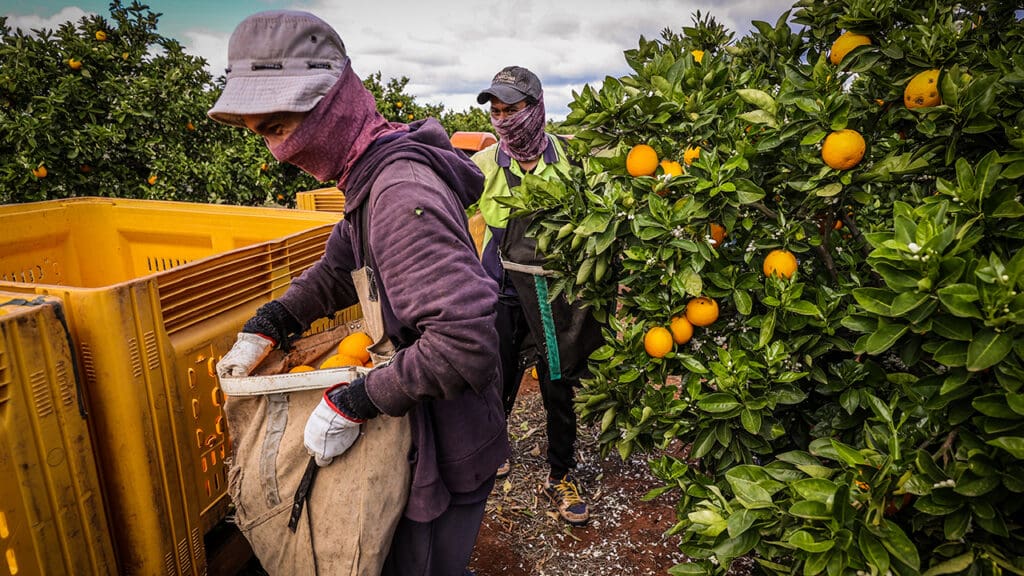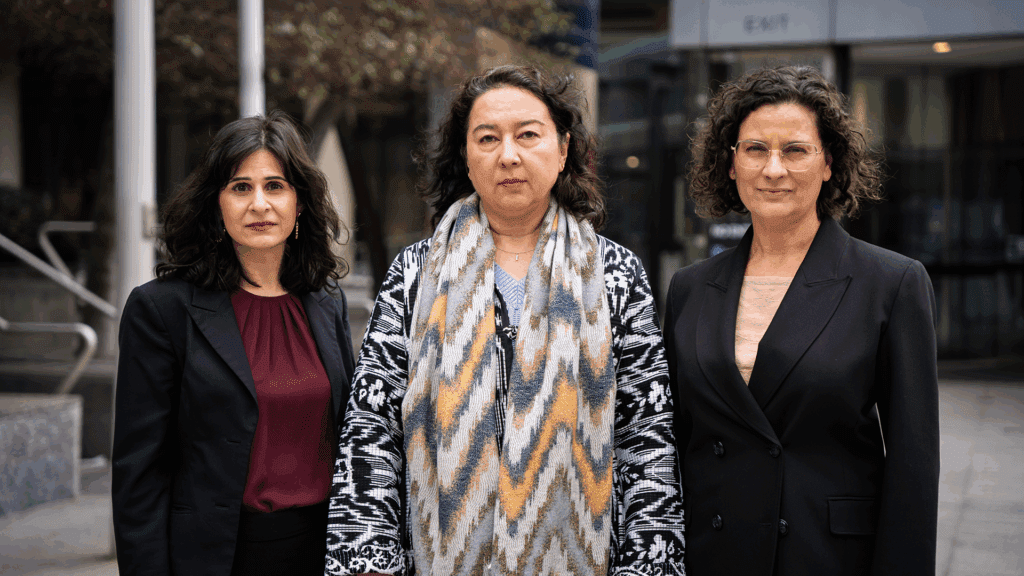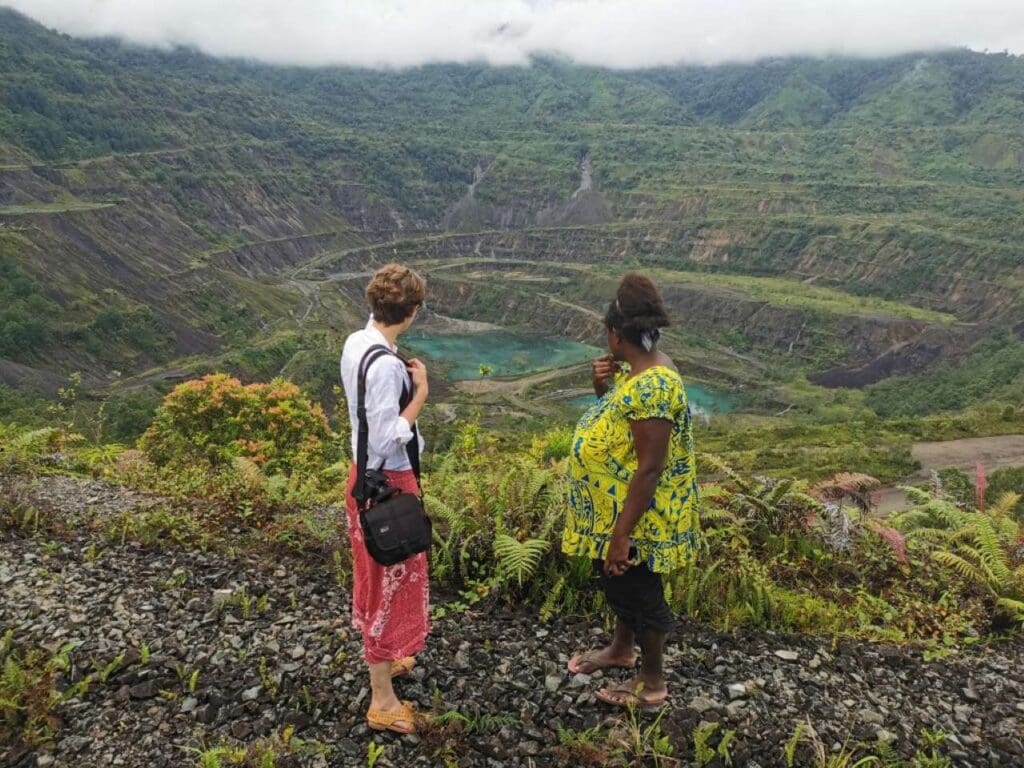Report highlights impunity of Australian companies linked to serious human rights violations overseas
Serious human rights abuses in the overseas operations of some of Australia’s most prominent companies have been highlighted in a major report by the Human Rights Law Centre.
Nowhere to Turn: Addressing Australian corporate abuses overseas shines a spotlight on ten cases of human rights violations involving Australian multinationals. The cases cut across countries and industries, from ANZ’s involvement in financing land grabs in Cambodia to BHP’s role in the Samarco dam disaster in Brazil and Broadspectrum and Wilson Security’s responsibility for alleged sexual assaults on refugee women and children held in offshore detention on Nauru.
The report includes direct testimonies from individuals harmed by Australian corporate operations overseas, some of whose stories have never previously been heard outside their communities.
Keren Adams, author of the report and a Director of Legal Advocacy at the Human Rights Law Centre, said the cases paint a stark picture of corporate wrongdoing with devastating consequences for local communities.
“We have spoken with families in places like Papua New Guinea who report being pushed onto the streets and having to wash their kids in public toilets because Australian developers bulldozed their homes and left them destitute.”
“Australians will be shocked at the business practices of some Australian companies in parts of the world where no-one is watching them.”
Ms Adams said that the actions of some companies were likely to amount to serious criminal wrongdoing that should be prosecuted in Australia.
“Reza Berati was beaten to death on Manus Island by G4S guards in Australia’s offshore detention centre and yet the Australian and New Zealand guards involved have never been prosecuted and the company has never been seriously held to account. That sort of impunity sends a strong message that companies are somehow above the law.”
Ms Adams said the cases highlight the need for urgent action by the Australian Government to strengthen oversight over Australian business operations overseas and improve mechanisms for communities to raise concerns and seek justice in Australia when they cannot do so locally.
“The global footprint of Australian companies is expanding all the time, and yet Australia lags behind many other countries in providing pathways to justice for some of the damaging consequences of their activities,” said Ms Adams.
“The worst abuses often occur in parts of the world marred by conflict or corruption and where it is impossible for communities to obtain justice locally. The Australian Government should be doing much more to ensure that Australian companies uphold the same human rights and environmental standards overseas that we would expect of them here.”
The report recommends that the Australian Government:
-
Establish an effective corporate human rights watchdog with powers to investigate allegations of abuses by Australian companies overseas;
-
Remove obstacles to criminal prosecutions of companies for serious human rights violations;
-
Improve access to the Australian courts for victims, including the establishment of a new civil remedy for serious human rights and environmental violations by companies;
-
Require companies, particularly in high risk industries, to evaluate the potential human rights risks of their activities and put in place measures to address them; and,
-
End the mandatory offshore processing of asylum seekers on Nauru and Manus Island and bring the men, women and children held there to safety in Australia.
Download: Nowhere to Turn: Addressing Australian corporate abuses overseas
For interviews:
Michelle Bennett, Director of Communications, Human Rights Law Centre, 0419 100 519

Albanese Government must act on modern slavery after UN sounds alarm
The Human Rights Law Centre is calling on the Albanese Government to take stronger action on modern slavery and protections for migrant workers after the UN Special Rapporteur on Contemporary Forms of Slavery sounded the alarm in a new report.
Read more
Australian Uyghurs file legal action to determine whether Kmart engaged in misleading conduct about use of forced labour in its supply chains
Australian Uyghurs are taking retail giant Kmart to court seeking documents to determine whether Kmart engaged in misleading and deceptive conduct about the use of Uyghur forced labour by some of its clothing suppliers.
Read more
Rio Tinto to face scrutiny at AGM for response to Panguna mine disaster
As shareholders meet in Perth today for Rio Tinto’s AGM, communities living with the ongoing devastation from Rio Tinto’s former Panguna mine are calling for the company to urgently commit to funding long-term solutions.
Read more



